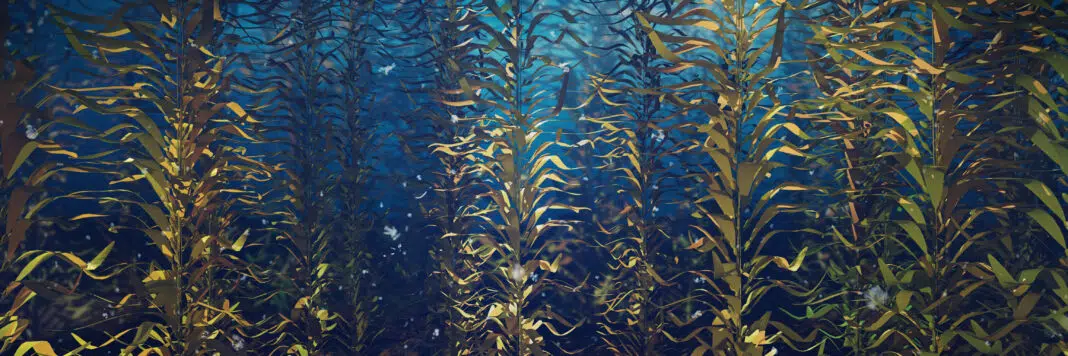New research has highlighted the incredible decline in the health of the iconic kelp forests of the Monterey Peninsula. However, the study also had good news, with hopes of kelp recovery in Mexico and Oregon.
The research is the product of a collaboration between the Nature Conservancy, Woods Hole Oceanographic Institution and the University of California Los Angeles. The study analyzed data from Kelpwatch.org, which features kelp canopy data derived from satellites for over 40 years.
The study clearly shows a north-to-south decline in Kelp in response to the record-breaking 2014-2016 marine heatwave. However, researchers found hope of recovery in areas like Bahía Tortugas in Mexico and Rogue Reef in Oregon.
Discussing the findings, study co-author and postdoctoral scholar at Woods Hole Oceanographic Institution Dr. Henry Houskeeper said:
“The story varies from place to place. Some areas experienced declines, but we are also seeing resilience of kelp forests in other regions. The most important part, though, is that through Kelpwatch.org we can now get this information to managers and stakeholders more effectively to help protect vulnerable regions.”
While Dr. Tom Bell, the study lead author and assistant scientist at WHOI added:
“Kelp forests around the Monterey Peninsula were some of the most persistent in California. It was surprising to find that not only were there reductions in kelp canopy during the heatwave period, but canopy area continued to decline even after cooler ocean temperatures returned. We were expecting some reductions in kelp canopy, but discovered a greater than 80% loss compared to the historical average across approximately 40 kilometers of coastline from the Monterey Harbor to Carmel Highlands.”
Commenting on the sad state of affairs at the Monterey Peninsula, Monterey-based marine science communicator and underwater photographer Patrick Webster said:
“Monterey is the definition of a baseline shifted. It’s like an ecological bomb went off. The old-timers don’t dive here much anymore because it’s too depressing, and us youngsters hold on to documenting the remaining relics of a collapsing kelp cathedral. Everywhere you look, there are ecological outlines of animals that used to live here occupied by creatures imported by warming seas. What if there was a forest fire that burned cold, without flame or smoke? Would anyone notice?”
You can find the original study here.

